10 Reasons Why Your Cat Suddenly Hates Their Favorite Food
Some cats eat the same food for years, then one day walk away from it like it’s suddenly inedible. This behavior can seem confusing or frustrating, but it’s often a sign that something’s changed. Illness, stress, or even small differences in the food can trigger this response. Cats are sensitive to routine and quick to reject anything they associate with discomfort.
Understanding the cause can help you respond before the issue becomes more serious.
They Associate the Food With Illness
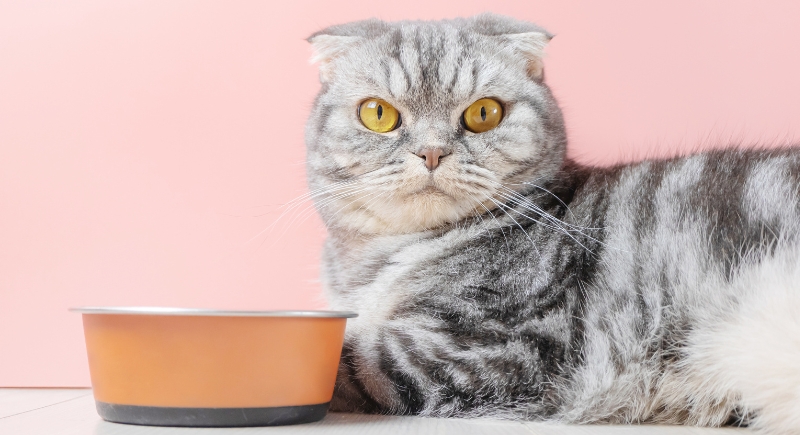
Credit: Getty Images
If a cat feels sick after eating, even if it wasn’t the food’s fault, it can start avoiding that flavor. This often happens after surgery or illness, when food coincides with nausea or discomfort. To your cat, that smell might now be a trigger. And that’s reason enough to avoid it.
Oral Pain Makes Eating Unpleasant
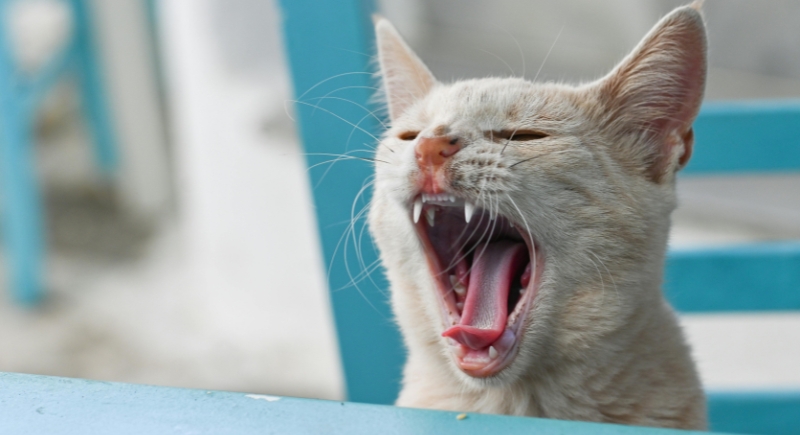
Credit: pexels
Dental disease affects up to 90% of cats over the age of four. Pain from gingivitis, resorptive lesions, or tooth abscesses can cause cats to stop eating specific textures. A cat with oral pain may drop food, chew only on one side, or stop eating foods that require more effort to consume.
The Food Was Used to Hide Medication
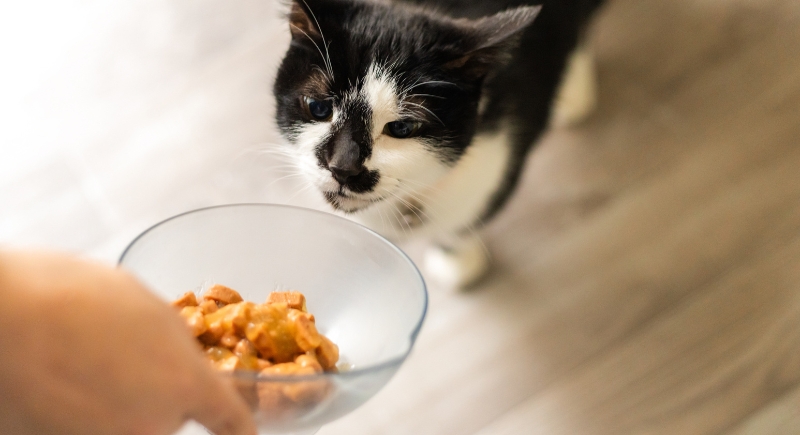
Credit: iStockphoto
Even a single attempt at sneaking a pill can leave a lasting mark. Cats are skilled at sniffing out meds, and if a trusted food once masked a tablet, that betrayal sticks. Some will never touch that dish again, even if it’s clean. They’re cautious eaters by nature, and bad surprises tend to linger.
Respiratory Infections Block Smell
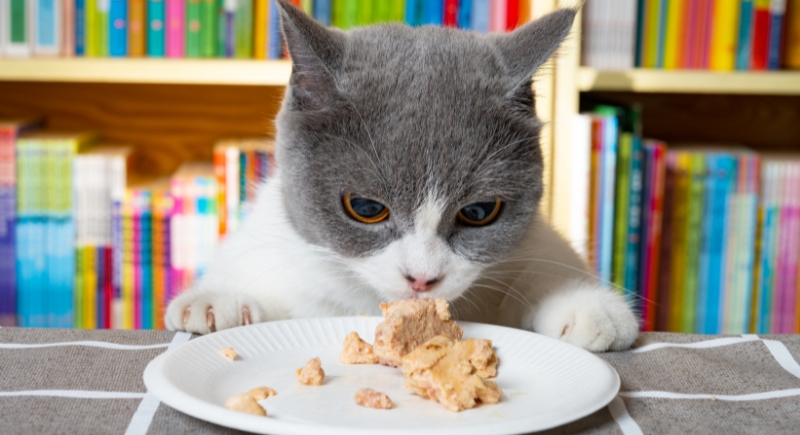
Credit: Getty Images
Cats lean heavily on scent to decide what’s edible. When their nose is stuffed up due to a respiratory infection or allergies, they can’t pick up the cues they rely on. Even a favorite food might go ignored. If your cat’s sneezing or has watery eyes, they might simply be too congested to eat.
Stress Has Altered Their Eating Habits
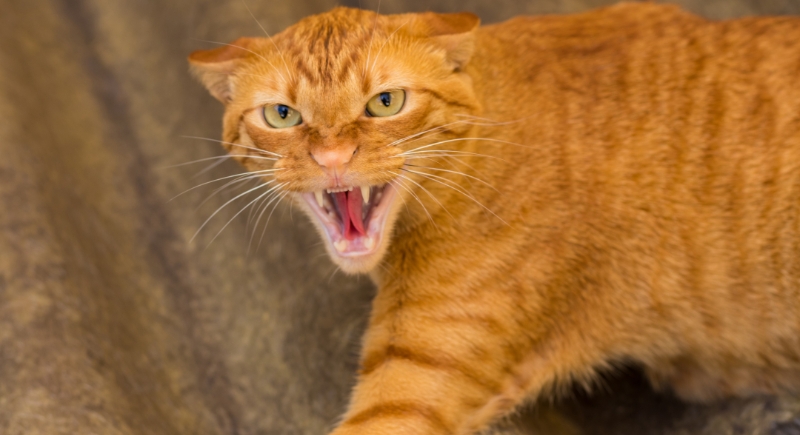
Credit: Getty Images
Cats prefer routine. New pets, houseguests, loud remodeling, or even moving furniture can throw them off balance. Stress can manifest in unexpected ways, such as rejecting a food they previously enjoyed. Some become finicky when anxious, not because of the food itself, but because they’re unsettled in general.
The Food’s Texture or Smell Has Changed

Credit: Canva
Pet food companies sometimes tweak their formulas. Perhaps the texture is grainier, or a different supplier has slightly altered the flavor. Cats quickly pick up on these shifts. You might not notice the difference between one batch and the next, but your cat certainly does. And they may protest with a firm ‘no’.
Recent Vaccination or Medication Use
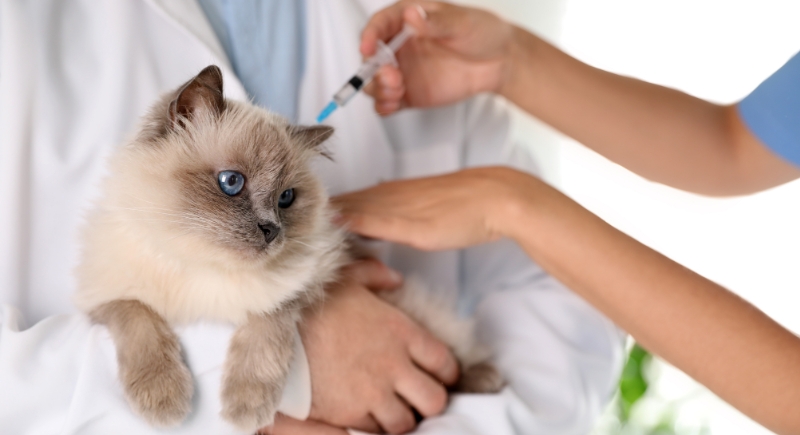
Credit: Canva
Vaccines and medications can cause temporary appetite loss. It may not be directly associated with food, but with how the cat feels about it. After taking antibiotics or pain medication, some cats may go off their food for a day or two. That particular meal might get caught in the crossfire, becoming the scapegoat for general discomfort.
Gastrointestinal Discomfort or Nausea

Credit: Getty Images
Cats experiencing GI issues may appear interested in food but walk away after sniffing it. This often occurs with nausea caused by hairballs, inflammatory bowel disease, or pancreatitis. In some cases, the cat may start avoiding foods eaten during these episodes, even after recovery.
Foreign Body or Obstruction
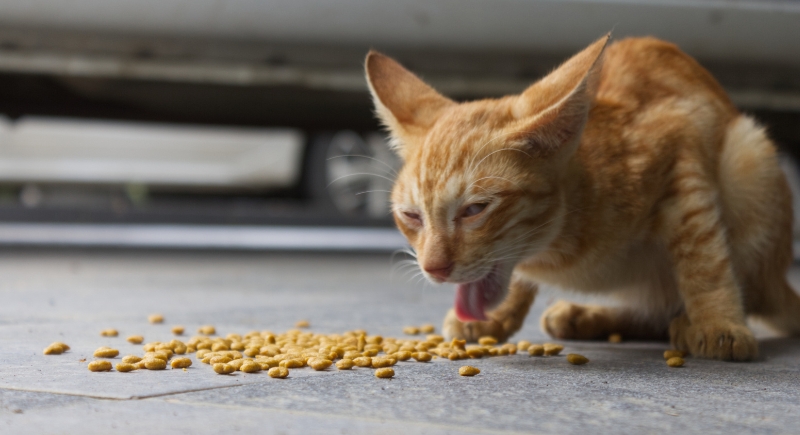
Credit: Canva
If your cat’s off its food and also acting lethargic or vomiting, you may be looking at a partial blockage. Ingesting string, plastic, or hair ties can cause problems beyond digestion. Refusing to eat a specific food may be part of a larger issue. That kind of change calls for a vet.
Chronic Illness Alters Appetite
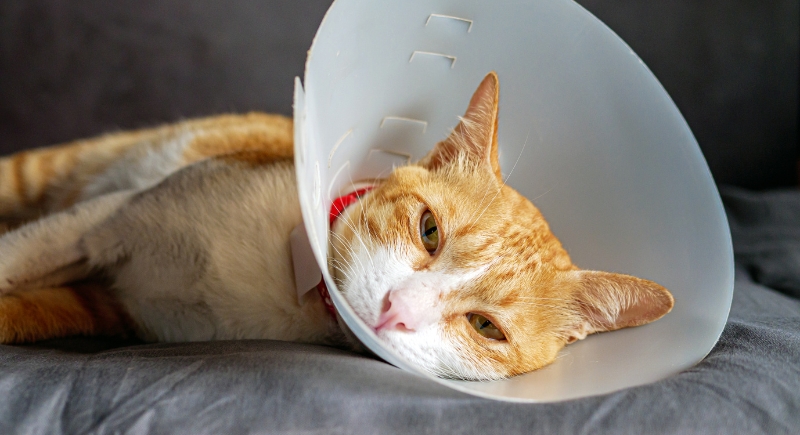
Credit: Canva
Cats with chronic illnesses like kidney disease or diabetes often experience appetite changes early on. Before you see weight loss or other symptoms, they might reject certain meals. They’re not being dramatic. They just don’t feel right. A consistent change in their food preferences deserves attention from a vet.